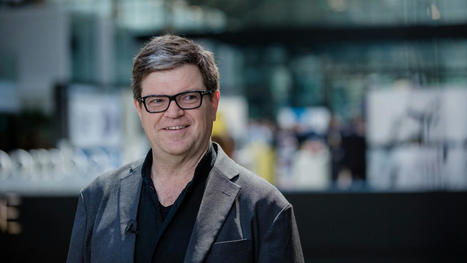The company's star ethics researcher highlighted the risks of large language models, which are key to Google's business.
Research and publish the best content.
Get Started for FREE
Sign up with Facebook Sign up with X
I don't have a Facebook or a X account
Already have an account: Login
 Your new post is loading... Your new post is loading...
 Your new post is loading... Your new post is loading...
|
|














Almost two years ago in December 2020, Timnit Gebru was fired from Google ethical AI team partly for exposing the dangers of Google's large language models (Transformers, BERT, GPT-2 and GPT-3). I found this article interesting because it summarized effectively the four main risks Gebru's paper had highlighted: environmental and financial costs, large training sets which inevitably results in less scrutinization for abusive language & biases, research opportunity costs and illusions of meaning. Those risks are often lost amongst the enthusiasm the AI community has for breaking records on benchmark datasets but they must be at the center of research focus.